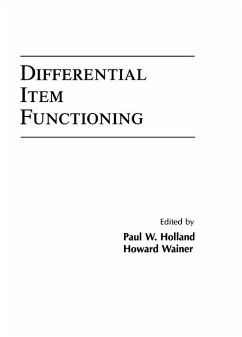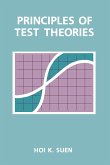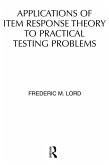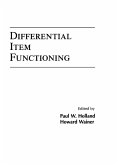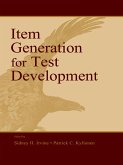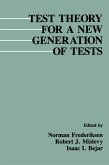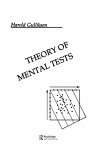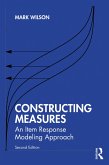* detailed reviews of test items by subject matter experts and members of the major subgroups in society (gender, ethnic, and linguistic) that will be represented in the examinee population
* comparisons of the predictive validity of the test done separately for each one of the major subgroups of examinees
* extensive statistical analyses of the relative performance of major subgroups of examinees on individual test items.
Dieser Download kann aus rechtlichen Gründen nur mit Rechnungsadresse in A, B, BG, CY, CZ, D, DK, EW, E, FIN, F, GR, HR, H, IRL, I, LT, L, LR, M, NL, PL, P, R, S, SLO, SK ausgeliefert werden.
Hinweis: Dieser Artikel kann nur an eine deutsche Lieferadresse ausgeliefert werden.

